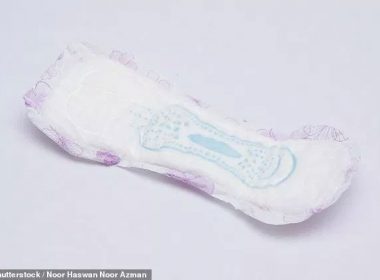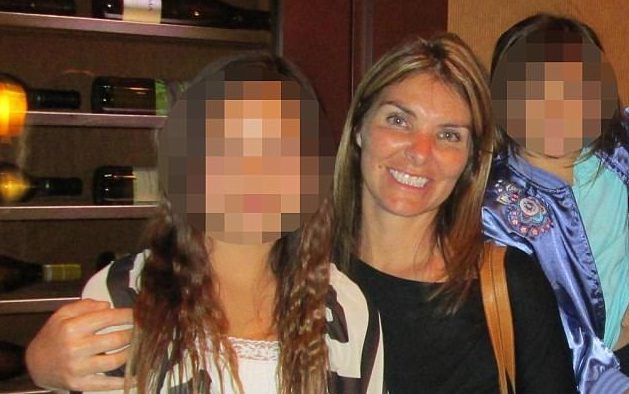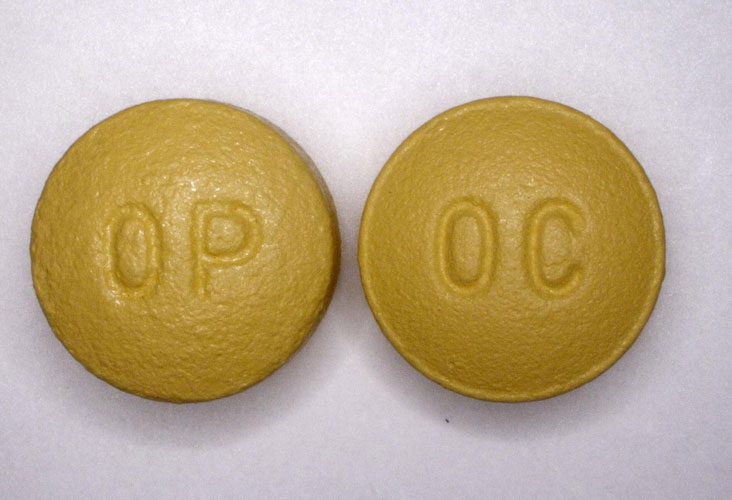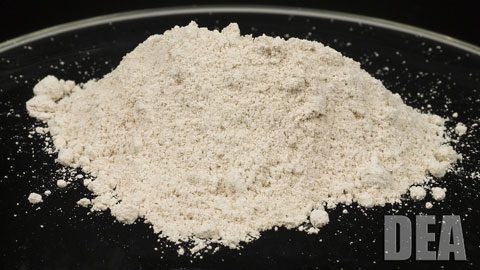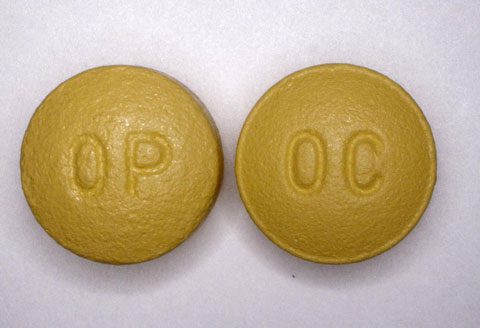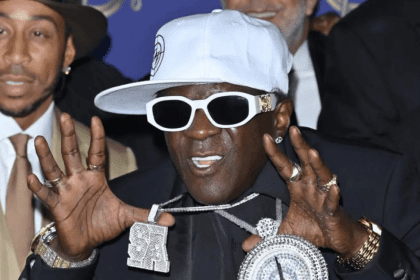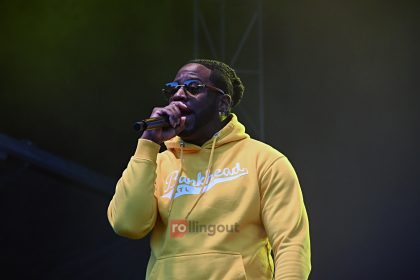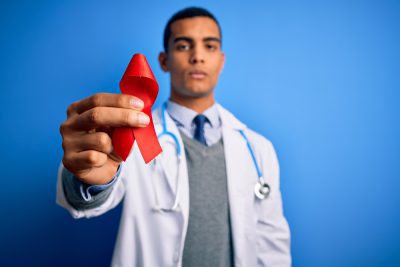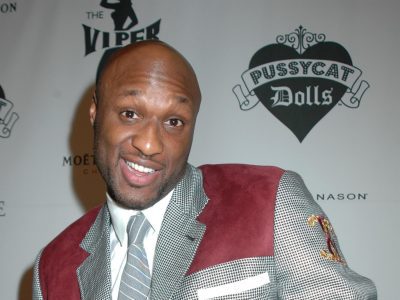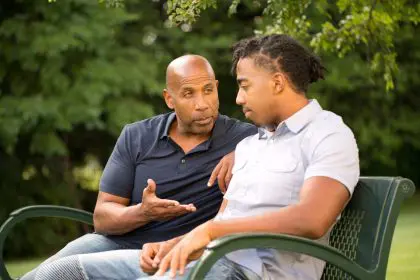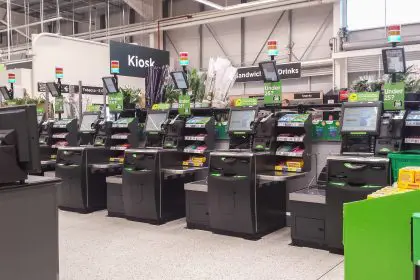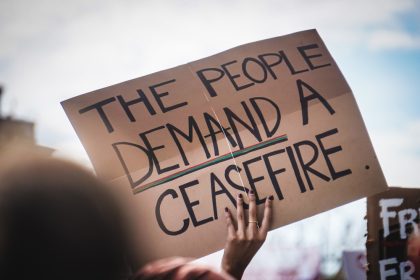
At the head of Recovery Unplugged is Paul Pellinger, the co-founder, and chief strategy officer. A veteran of the addiction treatment industry, Pellinger has combined his decades of experience with his deep love of music to create the Recovery Unplugged treatment model that has helped so many patients reclaim their lives from addiction. Pellinger recently penned the book Music Is Our Medicine, an in-depth account of his own personal and professional journey in the addiction treatment landscape.
Rolling out spoke with Pellinger about Recovery Unplugged and addiction:
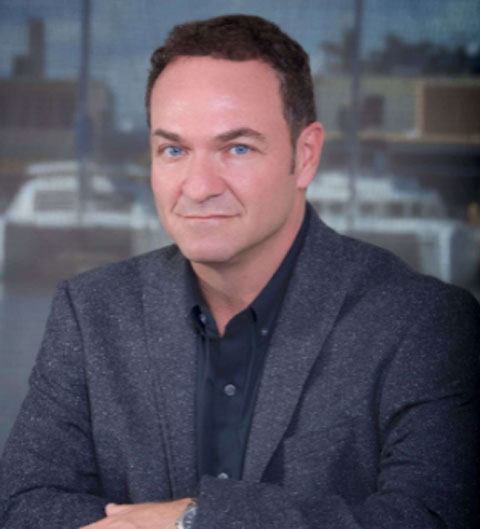
In 1924, Charlie Patton recorded the song “Spoonful Blues.” It was about cocaine use. Today, kids hear songs on a regular basis about smoking pot and in Atlanta. “Trap Music” is the sound teens are hearing. These are songs that reflect the pursuit of the now for today’s youth. Is this dangerous?
In 1964, Sam Cooke wrote one of the best songs of all time called “A Change is Gonna Come.” Music, as we all know, has power and if channeled inappropriately can be a negative influence. Instead of telling them not to listen to it, which is like trying to tell someone not to think about elephants for three seconds, we try to guide them to some of the current artists’ influences like KRS One, Grandmaster Flash, Eric B and Rakim, Tupac, Biggie Smalls and so many many more. That’s a way to maybe slowly have them start listening to music with more of a message. It’s kind of like the path of least resistance. We constantly reinforce that if nothing changes, nothing changes.
Do you think musicians and labels have a creative responsibility in messages that deal with recreational drug use?
Reminds me of a lyric that Q-tip rapped about “record company people are shady.”
In all seriousness, there are a lot of musicians, some who I’ve met that are now in recovery, so I believe. They take their role model status seriously. Unfortunately, we have a long way to go. One of the best rappers in the world (Eminem) is in recovery now and devoted a whole album towards it. Steven Tyler from Aerosmith once told me there’s nothing left for him to do except try to help people. The song “Amazing” that he and Richie Supa wrote is all about recovery. You could see his performance at Recovery Unplugged on our YouTube channel, which had I think millions of views. I am currently in talks to put on a 50th-anniversary music festival and concert, but for recovery from addiction. Maybe even create a song or anthem like Quincy, Michael and Lionel did back in the day. (Remember “We are the World”?)
Recovery Unplugged is more of a movement than a treatment center that will continue to work towards solutions to educate, raise awareness, change the stigma and improve the chances of long-term recovery.
What celebrities have attached themselves to Recovery Unplugged?
We have had many artists, celebrities, and sports figures come by, share their stories and perform for the clients like Steven Tyler, Flo-rida, Ty Dolla $ign, Morris Day, Candlebox, the Billy Joel Band and many others. Most can be found on our website.
If a person believes that Recovery Unplugged is a program that they or a family member needs, how can they get in contact with your organization?
We are available 24 hours a day, seven days a week and could be contacted by phone at 800-55 rehab (73422) or www.recoveryunplugged.com
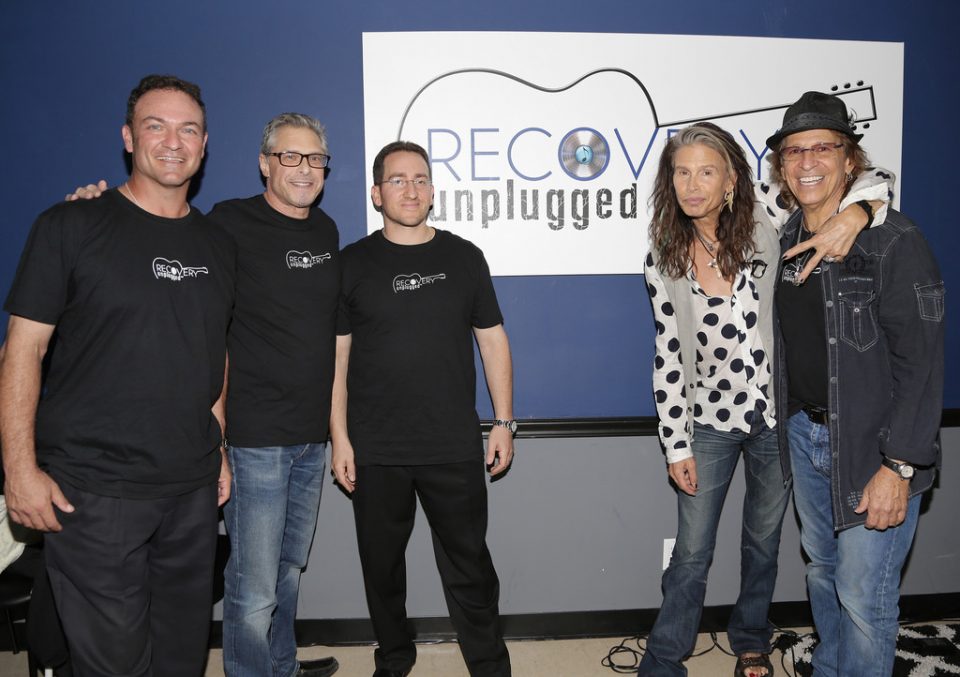
How much is treatment and how can you help those who are financially challenged?
We take all private insurance as well as self-pay. We have all levels of care including detox, inpatient residential, three levels of outpatient and housing. 30% of our clients are on some form of scholarship. Five years ago, I created a 501(c)(3) non-profit called Face the Music Foundation, www.facethemusic.org, which puts on concerts and events all over the country. We raise money through corporate sponsorships, donations, and even a small cover charge in hopes of raising awareness, changing the stigma, Prevention in schools And affording those Who have no money or insurance the same quality of treatment as those who do.
If you or someone you know needs the services of Recovery Unplugged, call 24/ 7 at 1-800-55-REHAB (73422) or visit www.recoveryunplugged

